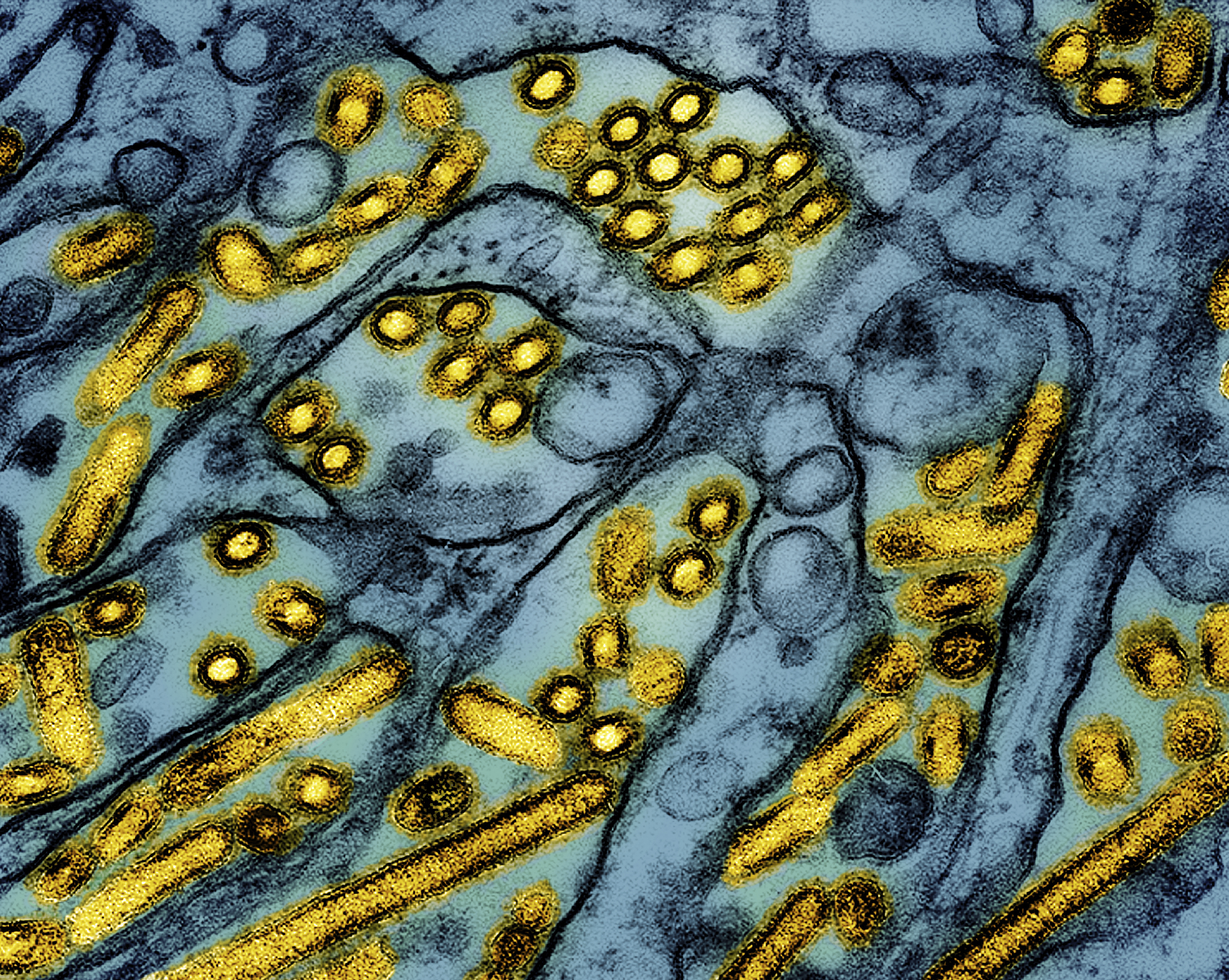
OTTAWA - Canada has detected its first presumptive case of H5 bird flu in a person, a teenager in the western province of British Columbia, health officials said on Saturday.
The teenager likely caught the virus from a bird or animal and was receiving care at a children's hospital, the province said in a statement.
The province said it was investigating the source of exposure and identifying the teenager's contacts. The risk to the public remains low, Canada's Health Minister Mark Holland said in posting on X.
"This is a rare event," British Columbia Health Officer Bonnie Henry said in a statement. "We are conducting a thorough investigation to fully understand the source of exposure here in BC."
ALSO READ: US detects H5N1 bird flu in a pig for the first time
H5 bird flu is widespread in wild birds worldwide and is causing outbreaks in poultry and US dairy cows, with several recent human cases in US dairy and poultry workers.
There has been no evidence of person-to-person spread so far. But if that were to happen, a pandemic could unfold, scientists have said.
Earlier in November, the US Centers for Disease Control and Prevention asked for farm workers who have been exposed to animals with bird flu to be tested for the virus even if they do not have symptoms.
READ MORE: UK confirms bird flu cases at commercial poultry farm
Bird flu has infected nearly 450 dairy farms in 15 US states since March, and the CDC has identified 46 human cases of bird flu since April.
In Canada, British Columbia has identified at least 22 infected poultry farms since October, and numerous wild birds tested positive, according to the province.
Canada has had no cases reported in dairy cattle and no evidence of bird flu in samples of milk.


